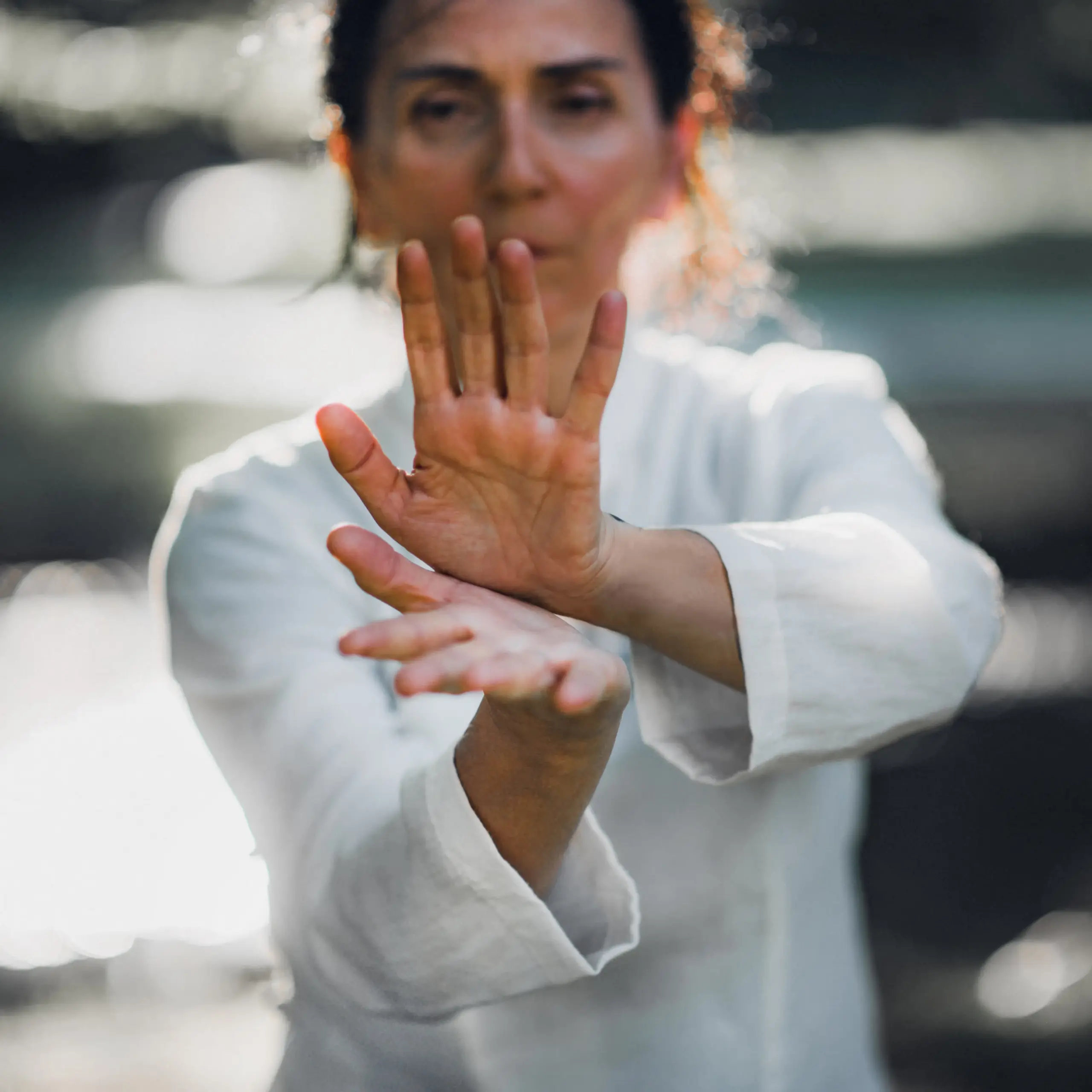Tai Chi
Rebuild Balance, Enhance Strength, and Foster Mindful Healing
At Joyful Minds Recovery Center, Tai Chi is a gentle yet profound practice integrated into our holistic treatment approach. Its slow, deliberate movements combined with mindful breathing promote physical harmony, emotional calm, and mental focus—empowering those in recovery to reconnect with their bodies and minds.
Whether you’re overcoming addiction, managing co-occurring mental health concerns, or seeking inner peace, Tai Chi offers a mindful pathway to stability, strength, and sustained wellness.
What Is Tai Chi?
Ancient Mind-Body Practice for Modern Healing
Tai Chi is a traditional Chinese discipline blending flowing movements, breath control, and mindfulness. Originally developed as a martial art, it is now widely recognized as a therapeutic exercise that supports physical vitality and emotional well-being. Tai Chi gently engages the body and calms the nervous system, enhancing present-moment awareness—making it an ideal complement to substance use and mental health treatment.
How Tai Chi Supports Recovery
Tai Chi transcends conventional exercise; it’s a moving meditation that cultivates inner balance, reduces stress, and boosts self-awareness. At Joyful Minds, we incorporate Tai Chi as a grounding practice to help clients restore body awareness while alleviating anxiety, cravings, and emotional overwhelm.


Benefits of Tai Chi for Recovery
- Relieves Anxiety and Soothes Emotional Tension
The rhythmic, flowing motions calm the nervous system, fostering mood regulation and stress reduction. - Enhances Physical Health and Vitality
Tai Chi improves flexibility, circulation, and muscular strength—especially important during early recovery stages. - Builds Mindfulness and Concentration
This mindful movement sharpens focus, curtails impulsive behaviors, and supports better decision-making. - Boosts Emotional Resilience
Regular practice helps individuals regulate emotions, lower reactivity, and experience greater emotional stability.
Our Approach to Tai Chi at Joyful Minds
Our Tai Chi sessions are led by compassionate instructors who adapt the practice to each client’s abilities and comfort. Delivered in group or individual settings, Tai Chi helps restore harmony between mind, body, and spirit while reinforcing other therapeutic treatments.
Integrative Healing for Mind and Body
Dual Diagnosis Benefits
Body Awareness and Integration
Stress Relief and Nervous System Regulation
Accessible for All Levels
Dedicated to Whole-Person Healing Through Mindful Movement
Why Choose Tai Chi Therapy at Joyful Minds Recovery Center?
Tai Chi here is more than exercise—it embodies our whole-person treatment philosophy. By incorporating mindful movement that soothes energy flow and calms the nervous system, we help clients develop enduring emotional and physical strength.
